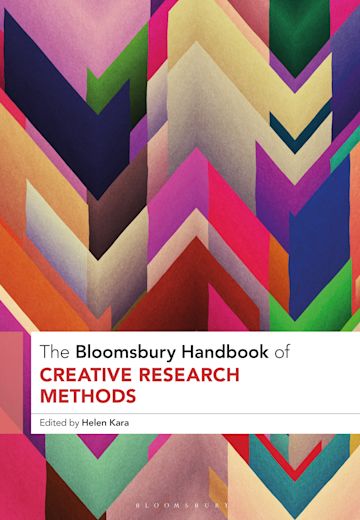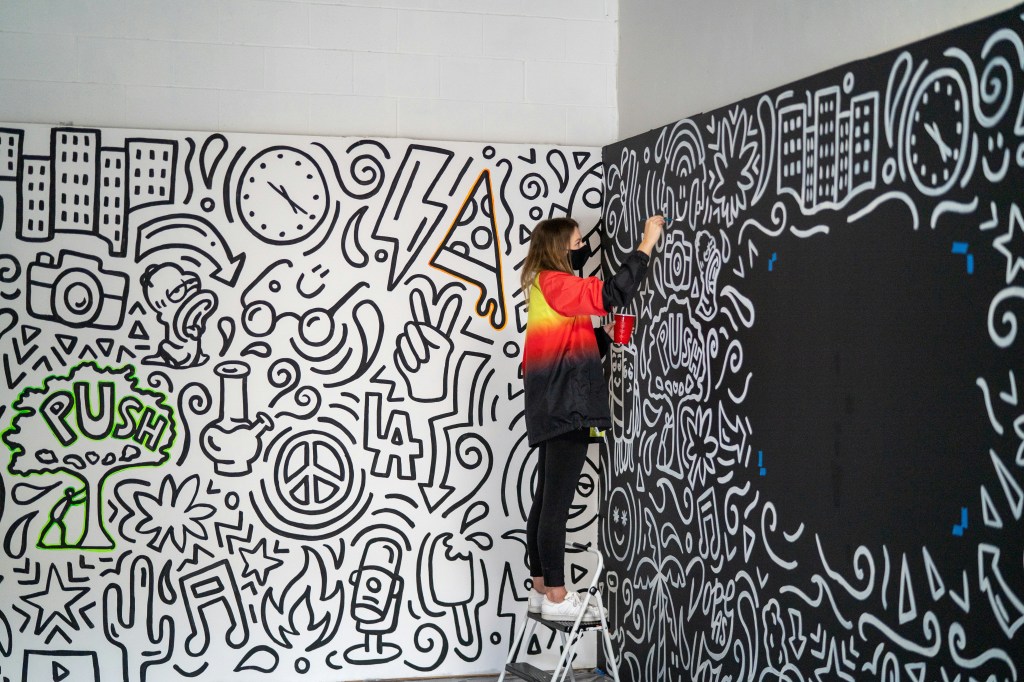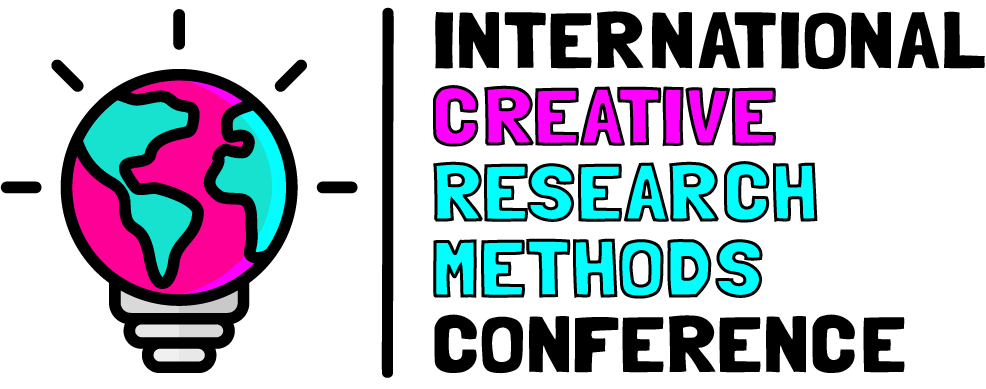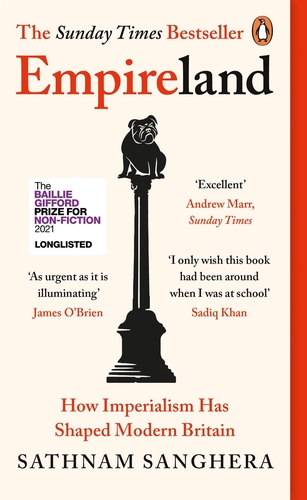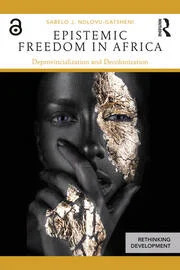
Last year I wrote a post to announce this forthcoming series. Now, I am delighted to say, it is no longer forthcoming – it’s here!
The first book in the series, Photovoice Reimagined by Nicole Brown, is published today. There are three others scheduled for publication this year. Fiction and Research, by Becky Tipper and Leah Gilman, will be published in July; Doing Phenomenography, by Amanda Taylor-Beswick and Eva Hornung, will follow in September; and Encountering The World with i-Docs, by Ella Harris, will be available in December. Three more are currently in the writing phase, two proposals are out for review, and I am in discussions with eight or nine other authors or teams of authors about possible future publications. Potential topics under development include enhanced interviewing, poetic inquiry and decolonisation, sandboxing, using comics in research, creative sonic research methods, zines in the research encounter, mapping, journey mapping, inclusive creative fieldwork, creative evaluation, visual scribing, urban exploration, visual methods in practice and emoji coding.
I decided to edit this series because I knew there were not enough publication opportunities for people writing about creative research methods. That meant students and researchers wanting to learn more about these kinds of methods were struggling to find relevant information. The books in the series are short, practical how-to books, designed to help researchers learn enough to try out the methods for themselves.
This kind of initiative also helps to establish the legitimacy of creative research methods. Now, in the first half of the 21st century, creative research methods are following a similar trajectory to that of qualitative methods in the second half of the 20th century. It may surprise you to know that economists began adopting qualitative methods as early as the 1960s. After much debate, psychologists began using qualitative methods in the 1980s and engineers joined in in the 2010s. Other disciplines also expanded their methodological repertoires and, as a result, academic journals publishing qualitative research were set up for areas of study formerly thought of as quantitative. For example, the journal Qualitative Health Research was founded in 1991, though Qualitative Psychology was not set up until 2013.
At present, creative research methods are perhaps most firmly established in the discipline of education, I suspect because it is such a creative profession. But I am seeing creative methods being used and promoted in a very wide range of disciplines, such as facilities management, health and the politics of fashion. This is reflected in the doctoral students I teach on courses for the National Centre for Research Methods, doctoral training partnerships and universities. Students come to learn about creative methods from arts and humanities and social sciences disciplines. So far, so unsurprising. But I also get engineers, physicists, business students, computer scientists – all sorts in fact.
In the Euro-Western world we think of creative research methods as new. However, the work of Indigenous methods experts such as Bagele Chilisa from Botswana, Margaret Kovach from Canada and Linda Tuhiwai Smith from New Zealand shows us that creative methods are in fact very old indeed – tens of thousands of years old, in some cases, so very much older than the ‘scientific method’ which has only dominated research in the Euro-Western world for the last few centuries. ‘Older’ does not necessarily equal ‘better’, but in this case I think it does. The scientific method has its place but is not the be-all and end-all of research. Creative methods are more likely to treat people holistically, take context into account and produce rich data and analyses. The scientific method assumes a level of universal consistency and uniformity, while creative methods make space for individual particularities.
Creative Research Methods in Practice is a small but tangible step on our journey away from the dominance of positivism and post-positivism. These stances emphasise objectivity, which is unachievable, and usually consider experiments to be the ideal form of research. Again, there is a place for experimental methods, but there is also a role in research for all sorts of creative methods, from participatory approaches to autoethnography, board games to computer games, apps to zines. And these are the kinds of methods I aim to showcase in the series. If you would like to write a book for this series, please do get in touch.





